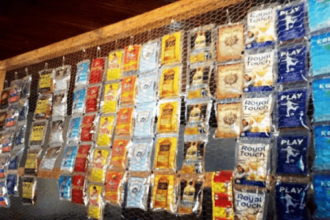The Nigerian government has injected an additional N14 billion into military procurement between September and October 2024, as part of its response to the worsening security situation in the country.
This follows a series of prior allocations earlier in the year that saw billions committed to strengthening the country’s armed forces.
According to data obtained from GovSpend, a civic tech platform that tracks government spending, the Ministry of Defence disbursed N4 billion on September 13 for “critical combat equipment for Nigerian armed forces.”
ATTENTION: Click “HERE” to join our WhatsApp group and receive News updates directly on your WhatsApp!
The funds were part of an ongoing effort to enhance the operational capacity of Nigeria’s military.
Additionally, the Nigerian Air Force also made payments in October amounting to N6.4 billion—N5.2 billion on October 9 and another N1.2 billion for the procurement of defence equipment.
This brings the total amount spent by the government on military arms and ammunition to N77.6 billion in the first ten months of 2024.
Other recent allocations include a sum of N22 billion paid to the Office of the National Security Adviser (ONSA) for the procurement of essential military equipment.
The rising insecurity in the country, with increasing cases of kidnapping, armed banditry, and attacks by insurgents, has prompted the government to ramp up military spending in a bid to secure the nation.
READ ALSO: FAAC Disburses N1.72trn to FG, States, LGs for November 2024 Revenue
A breakdown of the Ministry of Defence’s budget for the last five years reveals that N231.27 billion was spent between 2020 and 2023 on arms procurement, including a special intervention fund of N184.25 billion in 2023 alone.
Gen. Christopher Musa, Chief of Defence Staff, had earlier explained that such expenditures on ammunition and military hardware are justified, considering that Nigeria does not have a local capacity for manufacturing such materials.
He noted that the costs should not be seen as excessive since these transactions are typically made in foreign currencies.

